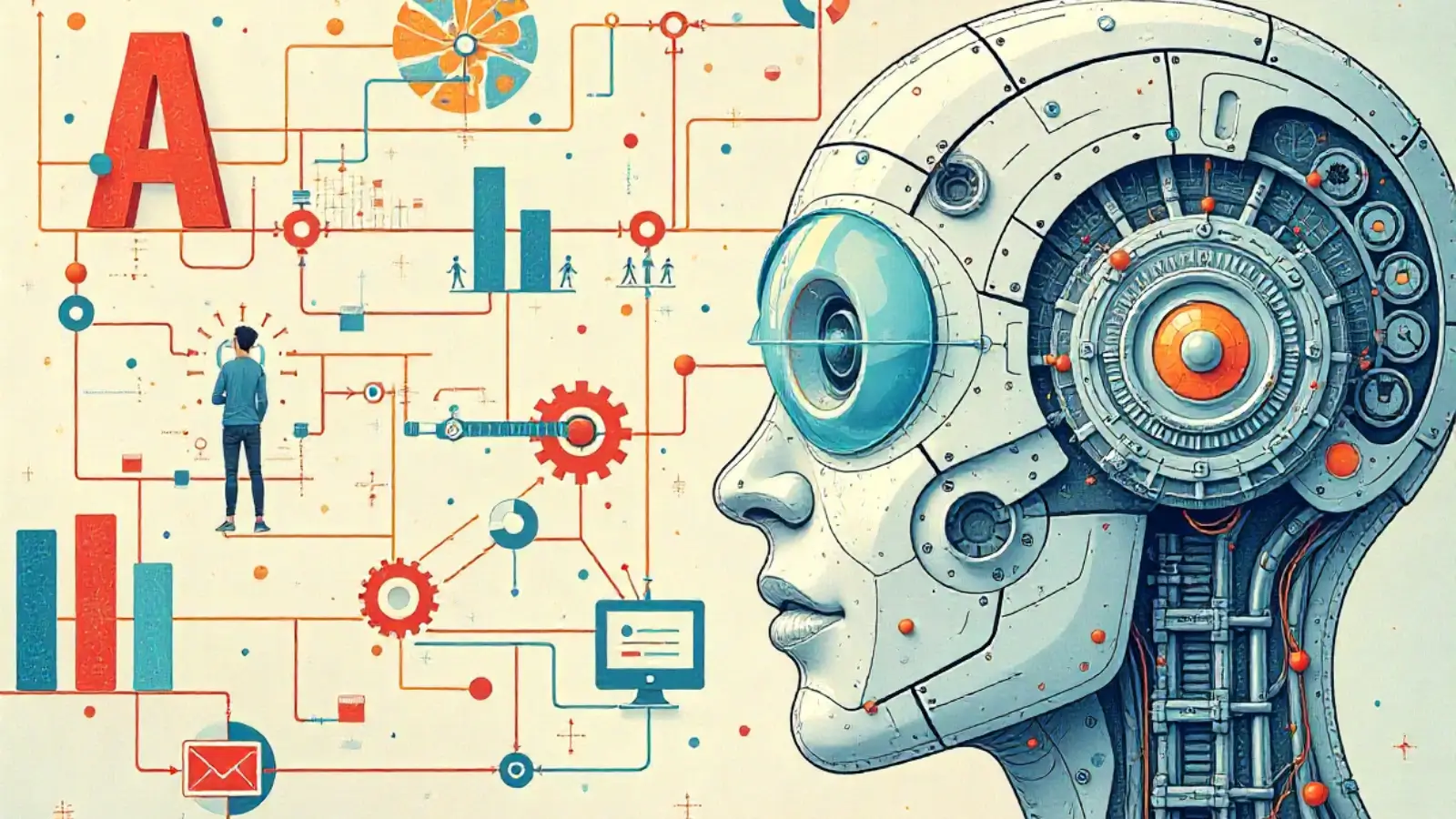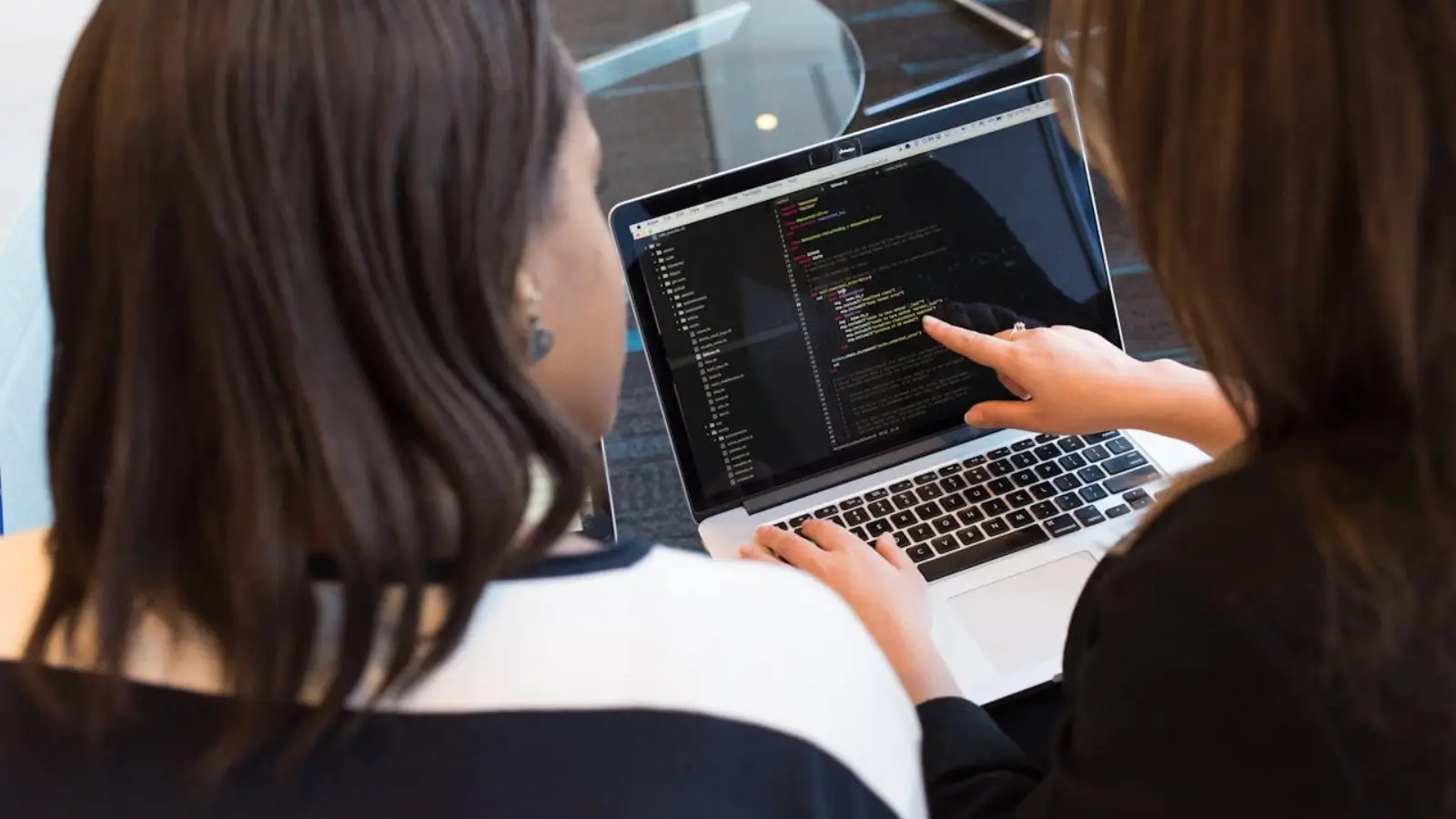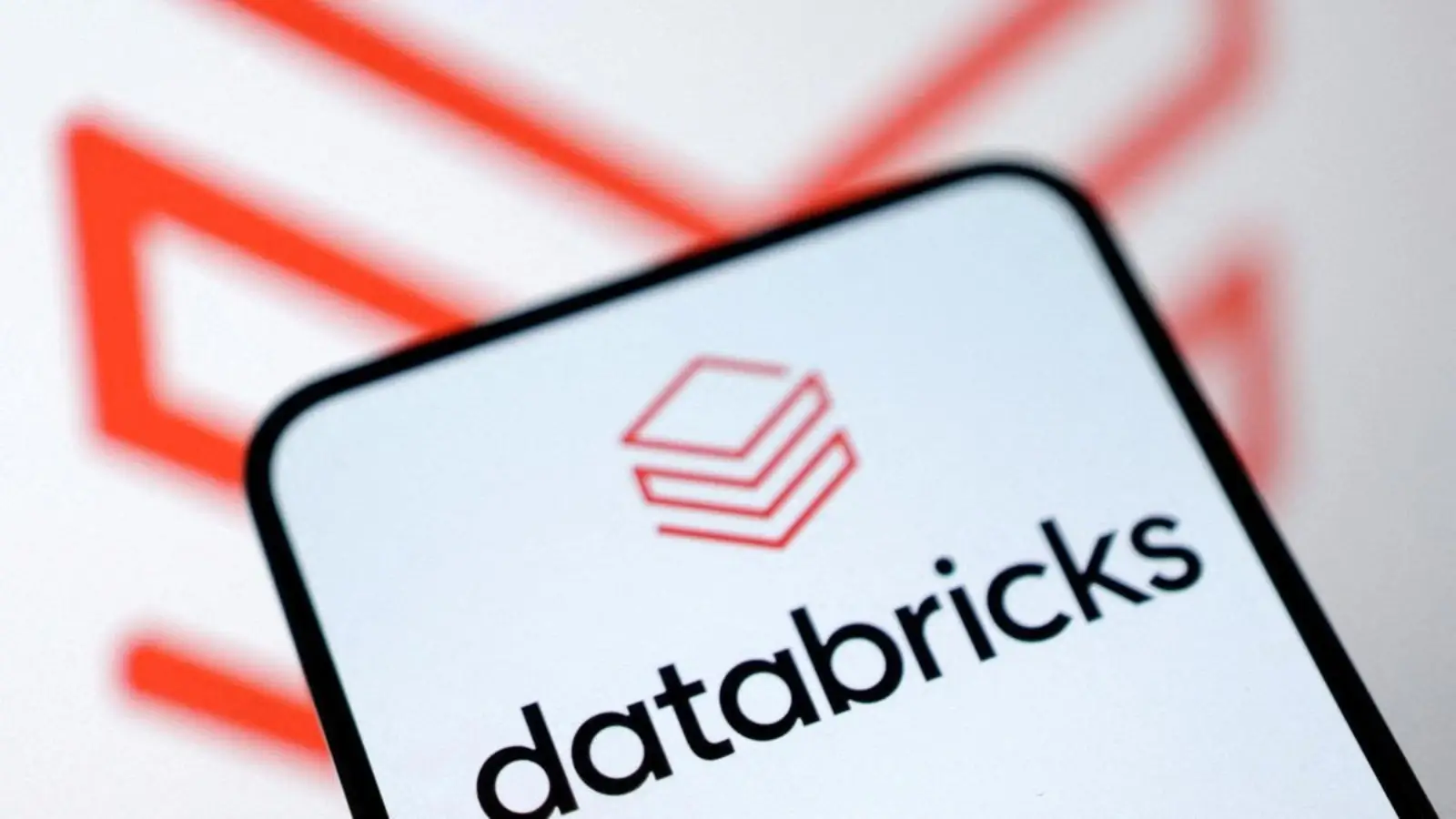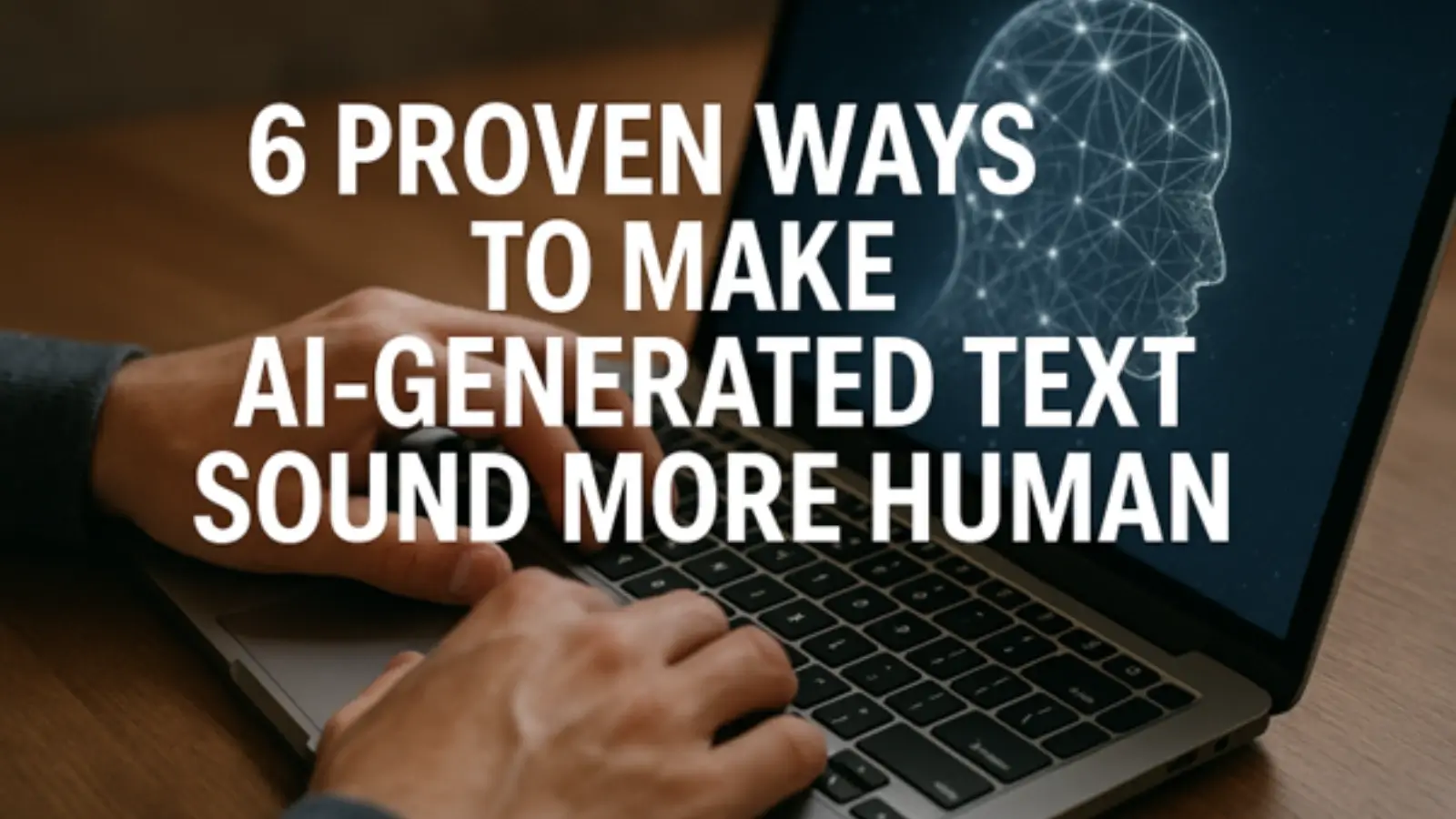President Donald Trump’s inauguration is set for January 20th, when he’ll officially begin his term as the 47th President of the United States. With every new administration, policy, and legislation are bound to change. One area expected to change drastically with Trump’s administration is artificial intelligence.
Even though the president didn’t comment much about AI on his campaign trail, part of the GOP’s platform was a complete overhaul of Biden’s AI policies. President Trump plans to take a different approach to AI, one that is softer and aims to lift many of the restrictions imposed on the industry, as he surrounds himself with pro-AI aides.
Repealing Biden’s Executive Order on AI
In October 2023, Former President Joe Biden, signed an Executive Order on AI (AI EO) to encourage safe, secure, and trustworthy development and use of artificial intelligence. An Executive Order that the Trump-Vance administration promises to rescind, as is clearly stated in their manifesto, “We will repeal Joe Biden’s dangerous Executive Order that hinders AI innovation, and imposes radical leftwing ideas on the development of this technology.”
In his first term, President Donald Trump took a friendly approach to AI and signed an Executive Order to launch the American Artificial Intelligence Initiative. Five years later, since he was in the Oval Office in 2020, Trump still maintains a pro-AI attitude, but only this time, the stakes are higher.
While Trump is against the strict measures stipulated by Biden’s AI EO, there are some parts of it that he’ll likely retain or expand on. One of those areas is the crucial role that AI plays in national security and defense. Among President Trump's top priorities are national security and border control, which are areas that can greatly benefit from cutting-edge AI innovation.
However, with AI cases like deepfakes and data protection issues on the rise, we can only wait to see how the president will address these concerns.
The Elon Musk Effect
A close confidant to President Trump is the world’s richest man, and Tesla CEO, Elon Musk. Musk supported Trump throughout the campaigns, donating millions of dollars and even showing up at his events.
The Musk factor is important to consider in Trump’s AI policies as the tech billionaire has always been vocal about the future of AI. Elon was one of the founders of OpenAI, before parting ways with Sam Altman, and has his own AI lab, xAI.
When it comes to AI's progress, Musk has always been a reasonable voice encouraging innovation while being aware of the existential threat that this technology can pose. His appointment as one of the leaders of the new Department of Government Efficiency (DOGE), might also bring a change in the spending patterns of the U.S. government and push more funds to the AI industry.
White House AI and Crypto Czar
As part of keeping his word to the AI and crypto community, President Trump created the White House AI and Crypto Czar position led by David Sacks, a venture capitalist and friend of the AI and crypto world. Sacks' nomination for the role was received with much praise and highlighted a new direction for both industries, seeing that he’s an investor in both.
His views on AI are positive and Sacks even launched an AI-powered work chat app called Glue last year. He also invested in two crypto companies, BitGo and Bitwise, through his VC fund, Craft.
Since the role is pretty much unclear, there’s speculation that there will be a conflict of interest between Sacks' personal businesses and government initiatives. However, startups dealing with AI are looking forward to more opportunities thanks to Sacks.
With AI and crypto regulations softened, more innovation and penetration are expected. Both technologies are highly used in various industries like finance, retail, banking, and gaming. Blockchain technologies are working more efficiently thanks to AI, and gaming avenues like online casinos are already using AI to personalize gaming experiences.
Players get a tailor-made gaming experience with their favorite games. AI chatbots have also been well-received in the casino space and players now get support all round the clock. So as you can see, online casinos are just one example of the potential that AI has to impact an industry.
U.S. Dominance Over China In The AI Race
Lastly, Trump considers China a serious competitor when it comes to the AI race and wants the U.S. to come out ahead. In one of the episodes of The Impaulsive podcast, hosted by Logan Paul and Mike Maljak, Trump, who was a guest, said this when asked about AI, “We have to be at the forefront…We have to take the lead over China.”
In his previous term, Trump enforced strict policy measures on China, such as restricting Huawei from doing business with American tech companies and almost banning TikTok.
When it comes to AI, the U.S. has set measures to hinder China from accessing key technologies, mostly advanced chips like those made by Nvidia. This will hardly change under Trump’s administration as the president is focused on protecting the scientific and technological advances of the country.
President Trump’s tough stance on China and AI is predicted to bring geopolitical tension between the two countries, but all we can do is wait and see how his term unfolds after his inauguration.

















